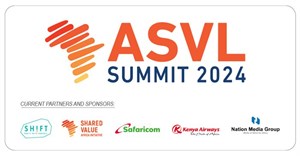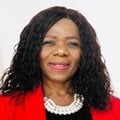Whether it's time for Africa to wean itself off international donor aid was a hot topic at this year's Trialogue Business in Society Conference.
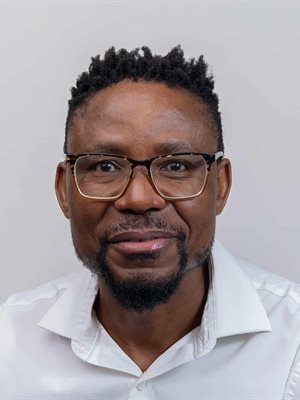
Bhekinkosi Moyo, director of the Centre on African Philanthropy and Social Investment
Leading the conversation was conference chairperson Gugulethu Mfuphi, along with an expert panel featuring Sello Hatang, chief executive of the Nelson Mandela Foundation; Bhekinkosi Moyo, director of the Centre on African Philanthropy and Social Investment (Capsi); and Takalani Netshitenzhe, chairperson of the Vodacom Foundation.
Slowdown in foreign funding
According to Moyo, most African civil society organisations are dependent on international donor funding. In recent times, though, these funding flows have slowed due to internal pressures. Foreign donors have had to look inward in order to take care of their own, he said.
It's time for African countries to start thinking about their own domestic resource mobilisation strategies and new ways of generating income, Moyo said.
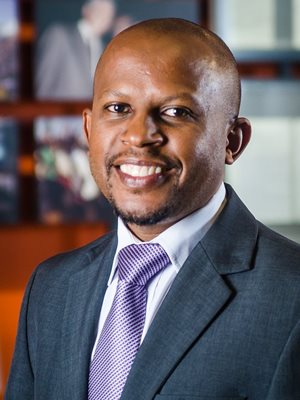
Sello Hatang, chief executive of the Nelson Mandela Foundation
Hatang shared his organisation's experience through the pandemic, highlighting that pre-Covid-19, 80% of the Nelson Mandela Foundation's funding was obtained from international donors. This decreased dramatically during the pandemic, dropping to 40%.
"After that decrease, it meant that we had to look at home and, to our surprise, our corporate partners came on board, and most of them came on board with no strings attached," said Hatang.
His view is that Africa should and can free itself of international aid.
Barriers to aid
Unpacking some of the barriers to aid, Netshitenzhe highlighted the onerous red tape involved in ensuring transparency and accountability.
"The applicants for our funding sometimes find our processes too bureaucratic, especially when there is a humanitarian crisis. So we have now started simplifying our processes by onboarding as many NPOs as we can in our system," she explained.
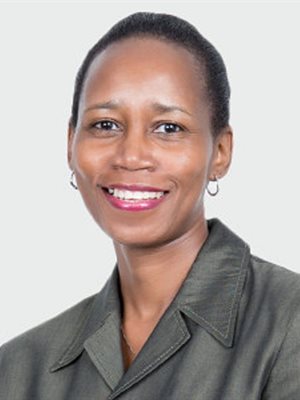
Takalani Netshitenzhe, chairperson of the Vodacom Foundation
"Fortunately, Vodacom's financial systems are close to fraud-proof so with a humanitarian crisis, we are able to disburse funds to an already existing NPO without finalising the full paperwork under exceptional circumstances."
Moyo agreed, noting that the processes grassroots organisations have to follow and the requirements that they have to meet to access funding are too rigorous. Many are left out, with only the bigger institutions able to access these resources.
"But those big institutions, in most cases, won't have any embeddedness in the communities," he said. "And so you have a mismatch between the requirements at the community level and the resources that are located elsewhere."
Another barrier for community organisations is that foreign donors tend to support international NGOs. The result, noted Moyo, is that "most of the money that is said to be coming to Africa actually ends up at their headquarters in the north, but it's meant to be supporting work in Africa".
Why local solutions are critical
Capsi has been investigating how local sources and resources can best be utilised to address Africa's dependency on foreign donors. During a study, it found that Africa's largest international donor provides 70% of all funding, followed by the second-largest at 4%.
"Imagine what happens if the 70% provider pulls out," said Moyo. "That gives us all the reasons why we must look for solutions inward."
Said Netshitenzhe in closing the session, "Nobody knows our problems better than we do and, yes, international partnerships are key, but they have to be contextual."

